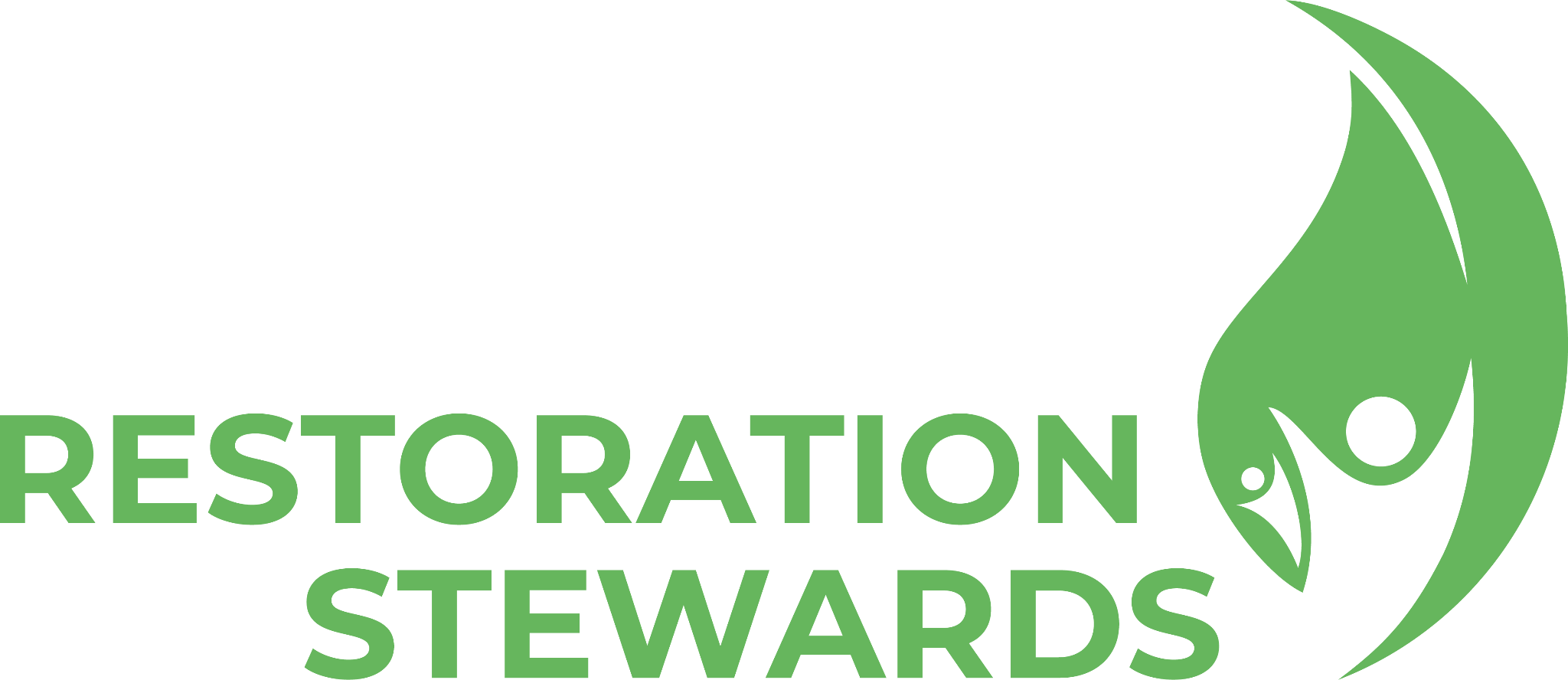Ecotourism Socialization
The utilization of natural resources in the Thousand Islands has expanded to include not just fisheries, but tourism as well. The number of visitors to the Thousand Islands in the years prior to the Covid-19 pandemic was considerably larger than the current amount of visitors, indicating the significant impact of the pandemic on the community’s economy in terms of tourism. Based on data from the Seribu Islands Tourism and Culture Office, the number of visitors in 2019 was 548,083 and in 2018 there were 800,390 visitors, but in 2020 the numbers drastically decreased to 222,253 people.
Although the Thousand Islands are widely recognized for their abundant marine organisms and beautiful coral reef ecosystems, mass tourism without considering carrying capacity leads to damage to the islands’ natural resources. Therefore, it is crucial to decide on the kinds of measures that need to be taken to avoid further damage of marine resources.
The purpose of this activity is to build the capacity of the Pokdarwis institution to create environmentally friendly and sustainable destinations in the Thousand Islands. Pokdarwis is an important institution in the tourism sector on each island; a stronger Pokdarwis equates to a more integrated tourism system. The following is a summary of the activities that have been carried out on each island:
a. Pramuka Island
On Pramuka Island, the Foundation carried out ecotourism socialization with the community. There was also a session on mapping resource potentials and problems on the island. Based on the discussions held therein, it is evident that there is a need for an integrated tourism system that links different stakeholders in the industry. Strengthening Pokdarwis is the first step towards creating a one-stop system in the tourism sector, especially considering the lack of integration between island and non-island tourism agents. Activities could take the form of training, mentoring, marketing strategies and ecotourism management, as well as hospitality and language training for tour guides. The community also hopes the preexisting educational tours, such as trekking, mangrove education, releasing turtles and education on marine organisms, can be developed further.
b. Harapan Island
The socialization of ecotourism on Pulau Harapan was carried out interactively with a question and answer session. This activity resulted in several conclusions, namely the need for availability of tourism data, training and assistance to improve the quality of tour guides, and training for conservation. Tourism data is needed for tourism practitioners on Harapan Island to carry out analysis and long-term projections of the tourism sector. Tour guide training and assistance could be carried out in line with training for conservation, because this knowledge would be useful for tourism practitioners to help boost the sustainability of the tourism sector. In addition to educating tour guides, tourists will also be educated on the importance of protecting the environment.
c. Kelapa Island
The socialization of ecotourism with participants from Pokdarwis on Kelapa Island was highly successful. A question and answer session was carried out to identify the views and hopes of the community regarding tourism on the island. The community is aware of the damage to coastal ecosystems in the Thousand Islands, and furthermore, recognizes the need to limit the number of visitors to maintain the quality of tourist attractions. Education for tour guides needs to be improved in order to help them increase tourists’ awareness and decrease the potential for ecosystem damage from the tourism sector. The community also hopes that tour guides will be provided with English-language training to help them engage with a wider range of tourists.
Conclusion and next steps
The problems in the tourism sector in the three islands all relate to the standardization of the tourism system. The future steps that the Foundation can take are: implementing ecotourism in tourism practices; providing education and sustainable certification activities for tourism practitioners;, and working with the government to advocate for tourism regulations. The education component should entail learning English, training and mentoring in ecotourism management and marketing, and the development of souvenir products.



